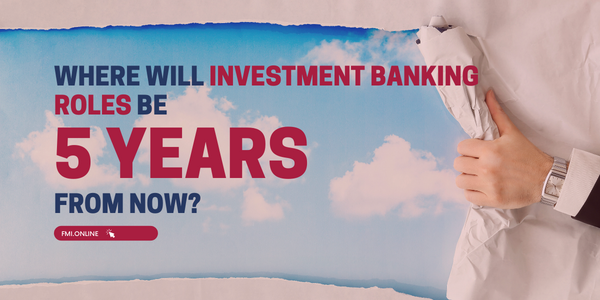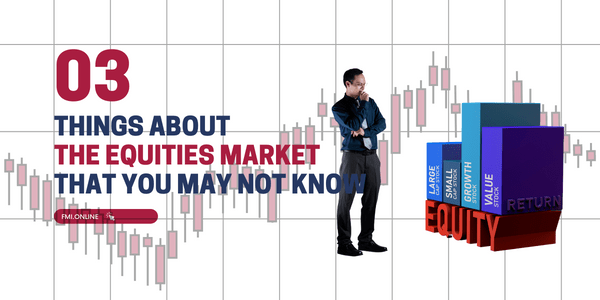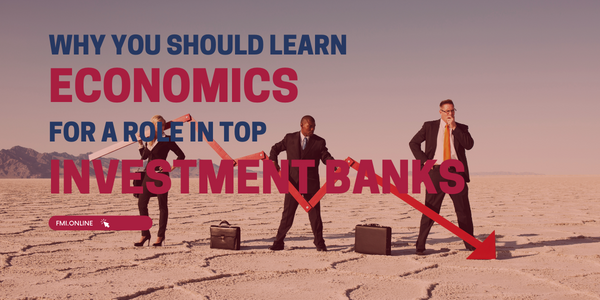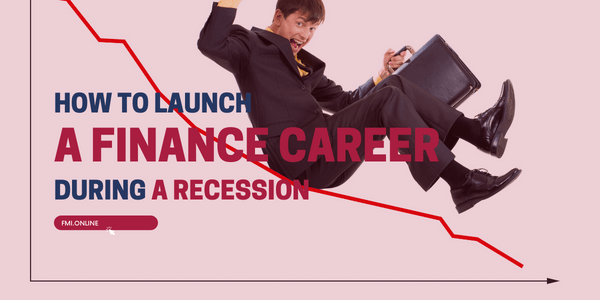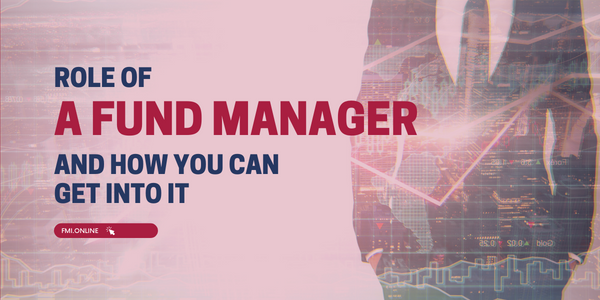Mergers and acquisitions are often used interchangeably. However, investment bankers and anyone with financial knowledge knows that they both have different meanings.
Mergers and acquisitions is a generalised term used to describe the consolidation of companies through different financial transactions. The companies can have a merger, one can acquire another, or they can buy each other’s assets, among other things.
There are many moving parts under the merger and acquisition process, and it is important to be able to get through all of them seamlessly. Any mistakes can cost the company significant money and the investment banker, her/his reputation.
If you are an aspiring i-Banker, this article will provide you with 3 resources to boost your knowledge of mergers and acquisitions:
1. The Investment Banking course by FMI
Mergers and acquisitions are a part of investment banking. So, it is important to know entirely about investment banking before diving into M&A. The IB course by FMI will provide you with all the skills and knowledge you will need while working in investment banking.
The course has a multitude of materials. It contains:
- The basics of IB
- Equity market
- Financial analysis
- Derivative market
And a lot more! The course is self-paced and you will have access to all material for 5 years. The best part is that you will get a course completion certificate that is accredited by LIBF! This will add to your resume greatly while also increasing your skills and knowledge tenfold.
2. The Global Markets course by FMI
A client of yours may choose to merge with a company from another country. Or, a big MNC client might want to acquire a company in their host country. To execute these deals flawlessly, you need to have knowledge and understanding of the global markets.
The Global Markets course will help you gain just that! This course includes topics like:
- Introduction to the Global Markets
- Currencies
- Trade life cycle
- A market-making simulation
These topics will help you gain a 360-degree view of the Global Market.
If you finish this course, you will indeed feel more ready to work in M&A. In addition, you will also receive a course completion certificate that is accredited by LIBF!
3. The M&A Simulation
This is a practical simulation that will help you gain hands-on training about M&A by managing your funds. There are two main things you will learn from this simulation: asset selection and effective portfolio construction.
By mastering these skills, you will find that M&A is not as hard as you might’ve thought! The simulation has been designed by experts and will be a very valuable addition to your resume.
The simulation allows you to choose companies, make deals, check your portfolio, analyse your assets, and a lot more. You will be able to bid for companies as well. It is a must-try resource to understand mergers and acquisitions better.
How will these resources help investment bankers?
We agree that practical knowledge and experience are invaluable for becoming better investment bankers. However, having technical skills and expertise are important as well. These courses will provide you with the same. These resources provide not only theoretical knowledge but also their applications in the real world.
These courses are designed to provide you with a 360-degree knowledge of investment banking. By gaining this knowledge, you will feel ready for your role in IB and will see better performance and results.
Moreover, these courses contain simulations that help you gain practical knowledge through their hands-on learning model. The skills you will learn through the simulations paired with the theoretical knowledge will help you gain a better understanding of how to be an exemplary investment banker.
These resources are investments worth making if you are serious about investment banking and having a successful career in the same.
CONCLUSION
The Investment Banking, Global Markets and M&A Simulation are courses that will help you greatly in understanding M&A better. When you work as an investment banker, this will help you gain proficiency as you would have already practised some of these skills beforehand. Happy learning!


